Analyzing the Hilarity: The Evolution of Meme Reactions Over the Years
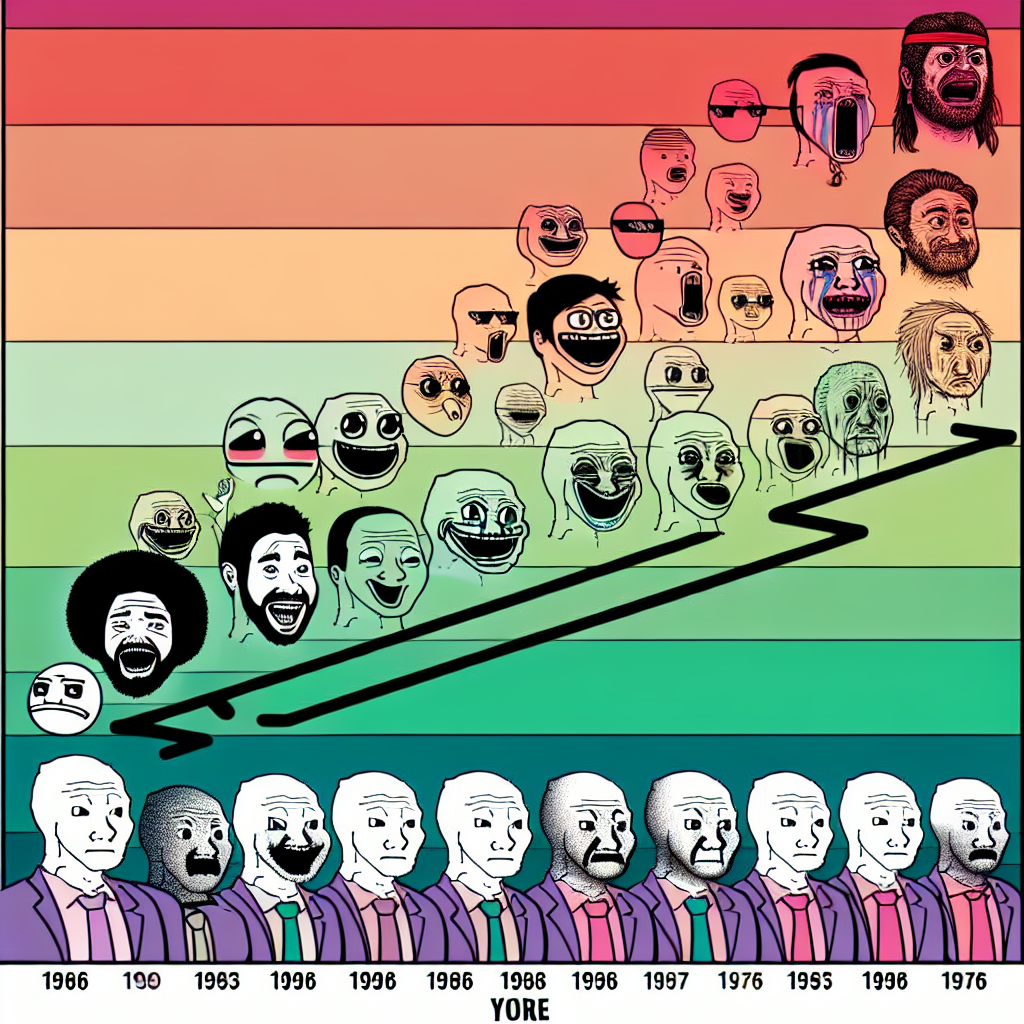
Table of Contents
- Introduction
- What Are Memes?
- Definition and Origins
- Types of Memes
- The Rise of Memes: 2000s – 2010s
- Early Memes
- The Democratization of Humor
- The Meme Explosion: 2010s – Present
- Key Developments
- The Role of Influencers
- Analyzing the Humor: Psychological Aspects of Memes
- Theories of Humor
- The Social Aspect of Memes
- The Future of Meme Reactions
- Evolution of Communication
- Memes in Marketing
- Conclusion
- Recommended Further Reading
- External Resources
Introduction
The digital landscape is continuously evolving, and one of the most significant cultural phenomena of recent years has been the proliferation of memes. Memes, which are often humorous images, videos, or texts, are shared across social media platforms, transcending language and cultural barriers. This article delves deep into the evolution of meme reactions, analyzing how they have changed over the years, the psychological aspects of their humor, and their impact on communication in the digital age.
What Are Memes?
Definition and Origins
A meme, in its broadest sense, is a unit of cultural information spread by imitation. The term was coined by British evolutionary biologist Richard Dawkins in his 1976 book, The Selfish Gene. Dawkins likened ideas, behaviors, and styles that spread within a culture to genes, proposing that they undergo a form of natural selection.
Types of Memes
Today, memes encompass a wide variety of formats, including:
- Image Memes: Pictures with humorous captions.
- Video Memes: Clips edited or repurposed for comedic effect.
- GIFs: Short, looping animations that convey emotions.
- Text-Based Memes: Purely text-driven jokes or sayings.
The Rise of Memes: 2000s – 2010s
Early Memes
In the early 2000s, internet memes began to gain popularity with the advent of social media. Websites like 4chan and Reddit served as incubators for early memes, with "Feels Guy" and "Rickrolling" standing as iconic examples. These memes often relied on inside jokes familiar only to niche internet subcultures.
The Democratization of Humor
As social media platforms like Facebook, Twitter, and Instagram became mainstream, memes became more accessible, enabling even those outside of the geek culture to engage in meme-sharing. The format evolved from niche humor to broad, relatable humor that resonated with a wider audience.
The Meme Explosion: 2010s – Present
Key Developments
-
Viral Trends: The introduction of features like "Trending" on social media facilitated meme virality. Memes could travel faster and farther than ever before.
-
Meme Templates: The emergence of widely recognized meme templates allowed for rapid adaptation and customization, further engaging users.
- Communication Efficiency: Memes provided a shorthand for conveying complex emotions. A single image or phrase could encapsulate an entire sentiment.
The Role of Influencers
Social media influencers have also played a pivotal role in the meme ecosystem, using their platforms to create and share memes that resonate with their followers. This has led to increased brand engagement and a shift in marketing strategies.
Analyzing the Humor: Psychological Aspects of Memes
Theories of Humor
Research has identified several theories explaining why people find memes humorous, including:
-
Incongruity Theory: Humor arises when there is a mismatch between expectation and reality. Memes often exploit this by juxtaposing familiar images with absurd captions.
- Superiority Theory: This theory posits that we find humor in the misfortunes of others. Many memes tap into this by poking fun at relatable human experiences.
The Social Aspect of Memes
Memes serve as a vehicle for social commentary, allowing people to express their views on politics, society, and current events in a digestible format. During crises like the COVID-19 pandemic, memes provided comic relief, showcasing humanity’s resilience in the face of adversity.
The Future of Meme Reactions
Evolution of Communication
As technology continues to shape human interaction, the nature of memes will likely evolve as well. Emerging technologies like AI and virtual reality could pave new pathways for meme creation and consumption.
Memes in Marketing
Marketers are increasingly leveraging memes for brand promotion. Understanding the timing and context of meme use is crucial for successful campaigns. Brands that can harness the humor and relatability of memes often see higher engagement rates and brand loyalty.
Conclusion
The evolution of meme reactions over the years reflects broader changes in technology and social interaction. From niche humor to universal memes, their ability to convey complex emotions in a digestible format establishes them as a significant part of contemporary communication.
As entrepreneurs and marketers, staying attuned to meme culture can enhance your engagement strategies. Whether it’s by creating shareable content or leveraging trending memes for marketing, the opportunities are vast. Keep exploring the world of memes, where humor and trends continually converge.
Recommended Further Reading
For more insights into digital marketing and effective communication strategies, check out articles on Effective Digital Marketing Strategies and How to Engage Your Audience through Social Media.
External Resources
- To read more about meme culture, visit The Evolution of Memes.
- For studies on humor and psychology, check out The Psychology of Humor.
This article aims to provide a comprehensive overview of meme reactions, their evolution, and their relevance in today’s digital landscape. If you have any further questions or need clarifications, feel free to ask!
Latest Posts
You Might Also Like

Lorem ipsum dolor sit amet, consectetur adipiscing elit. Ut elit tellus, luctus nec ullamcorper mattis, pulvinar dapibus leo.
TOP NEWS
Copyright © 2025 FunnyShowStreaming.site | All rights reserved.





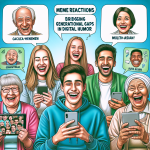
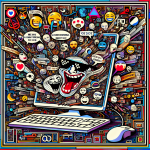






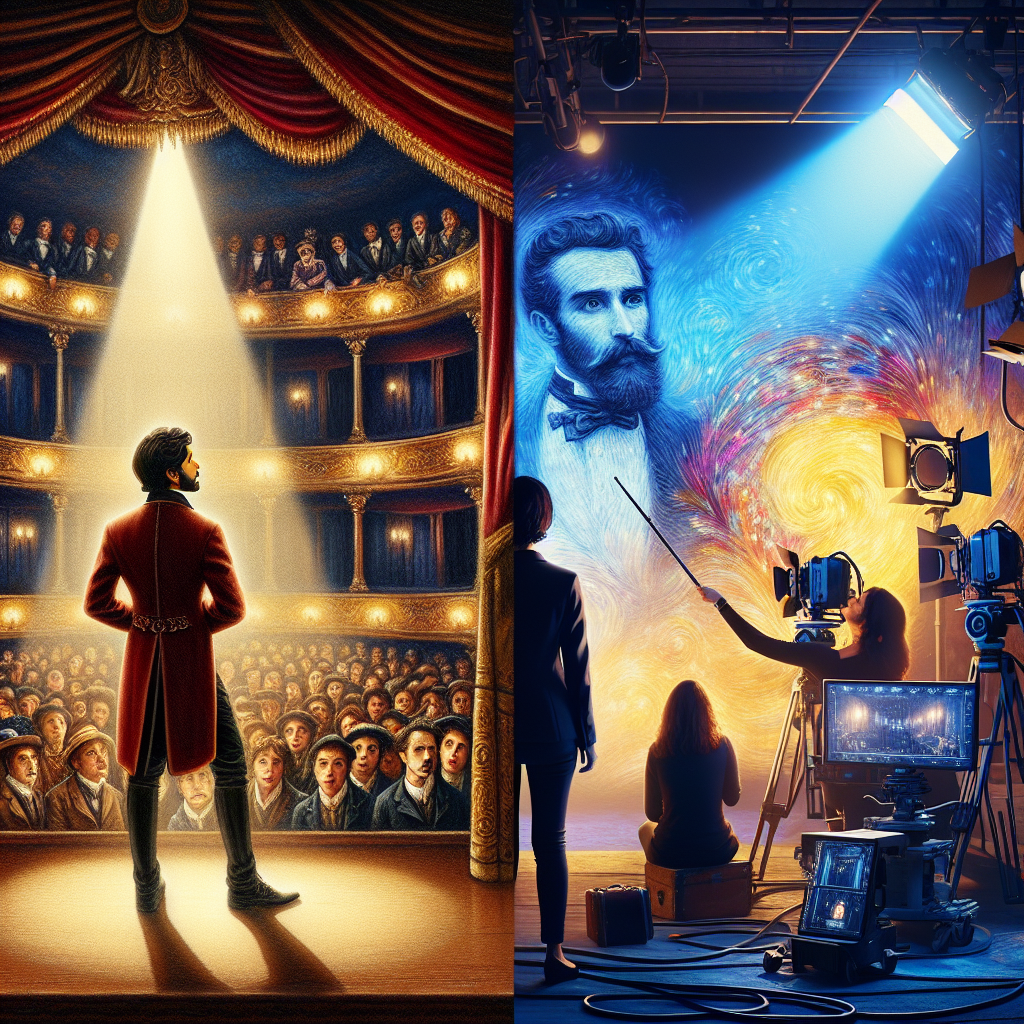
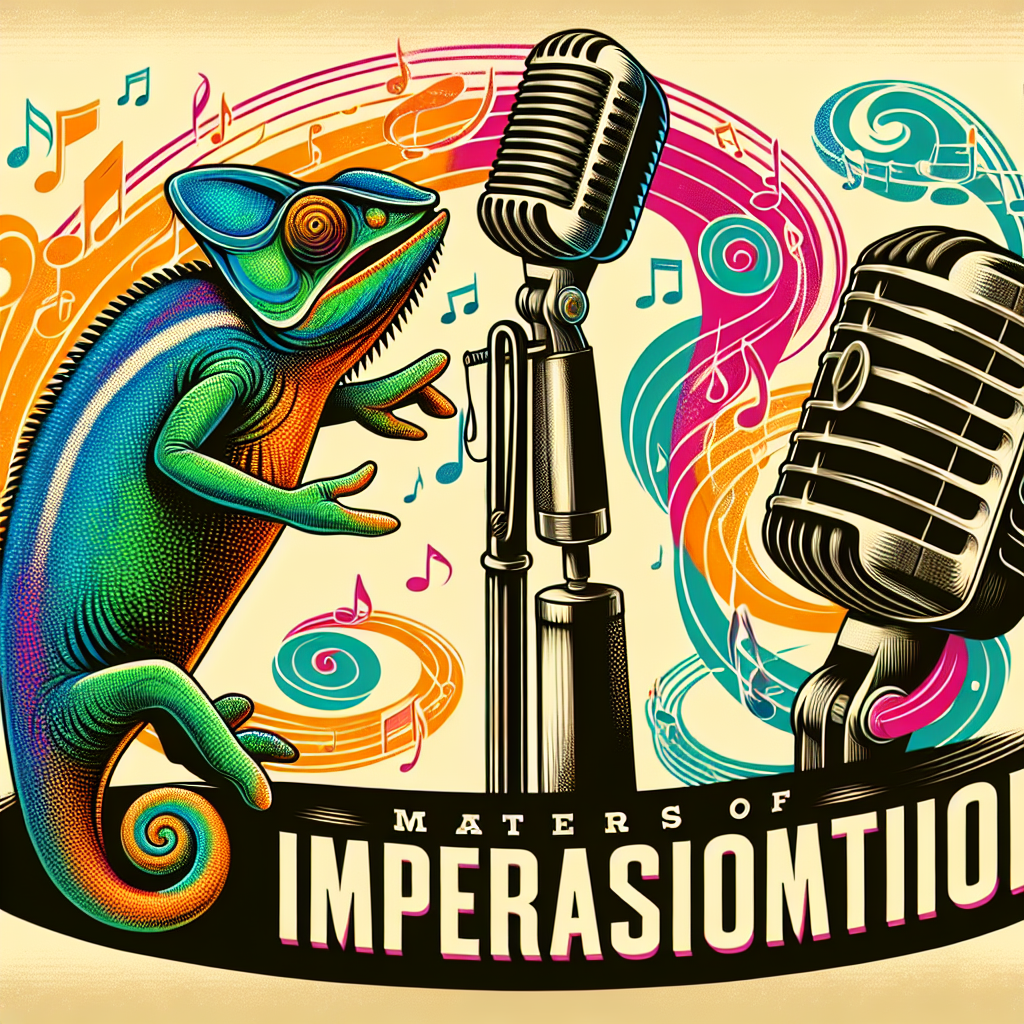
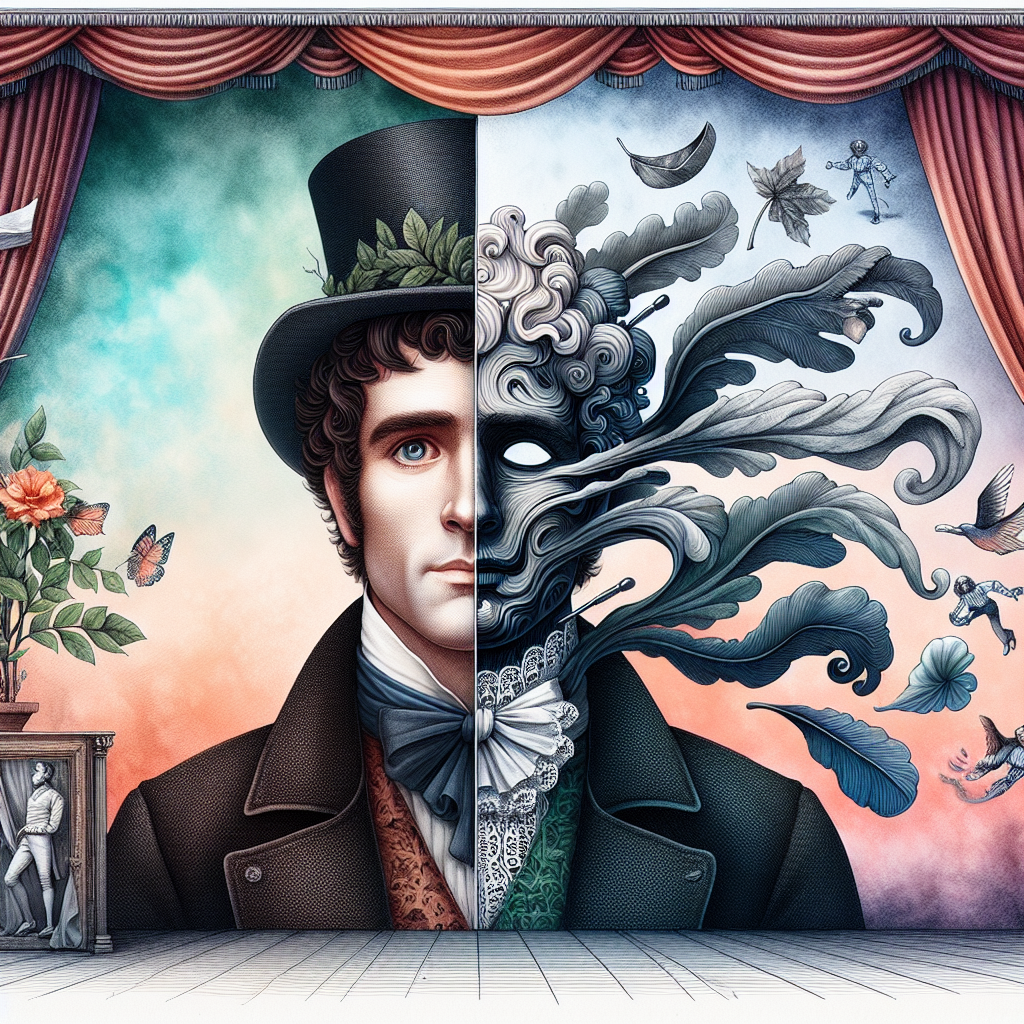



Comments are off for this post.